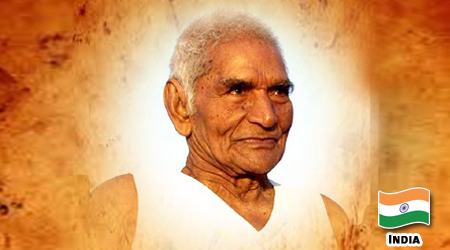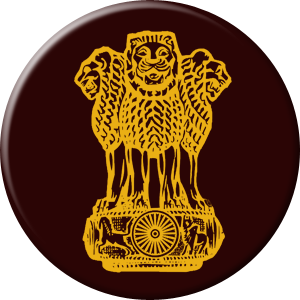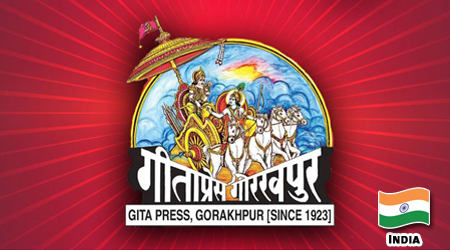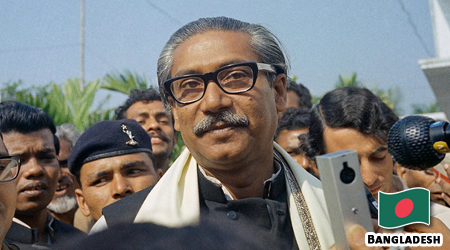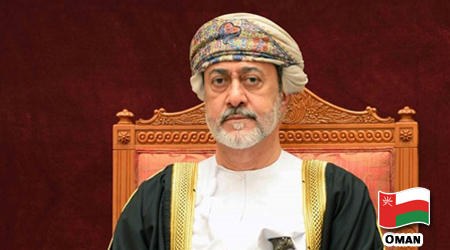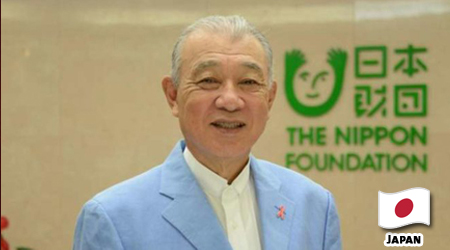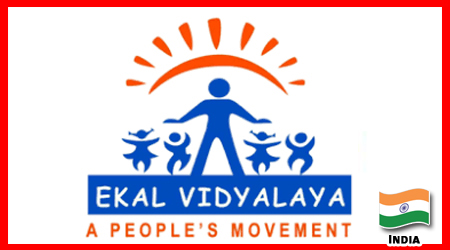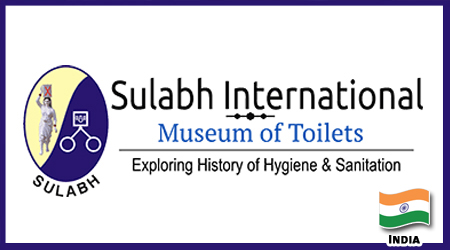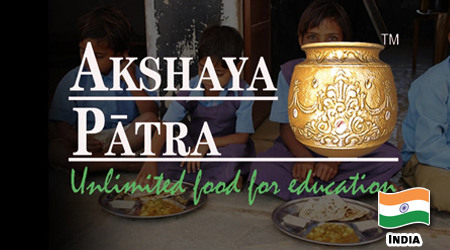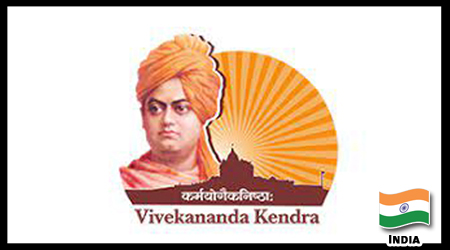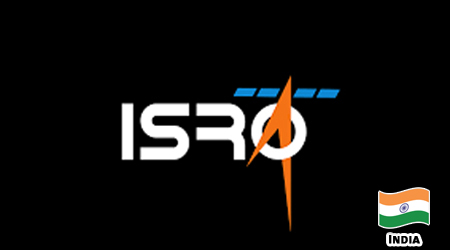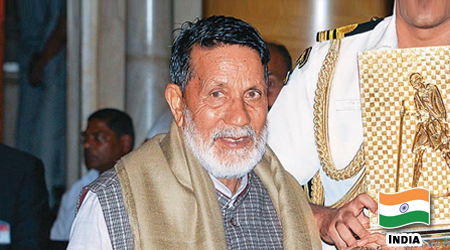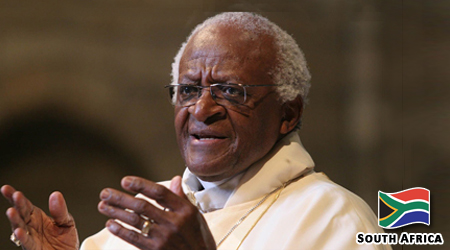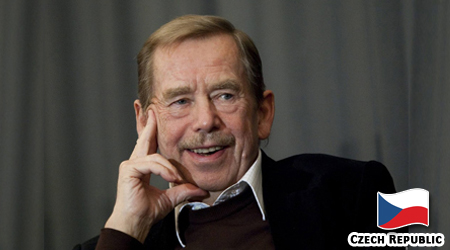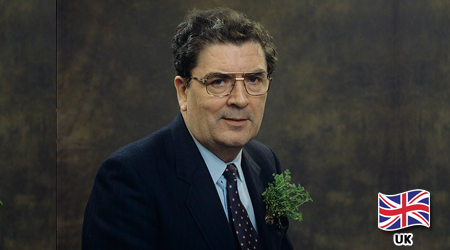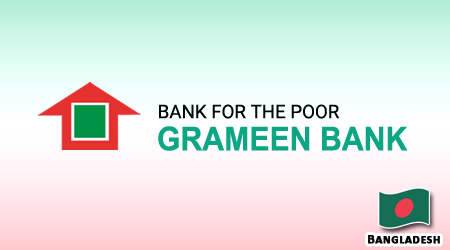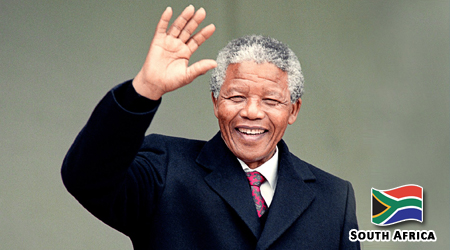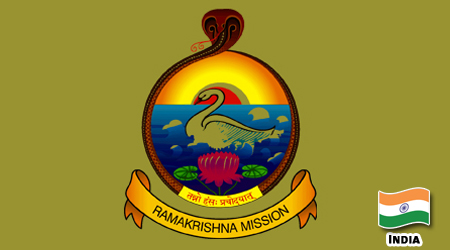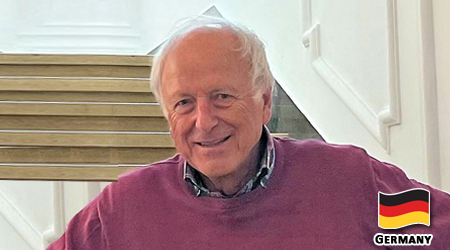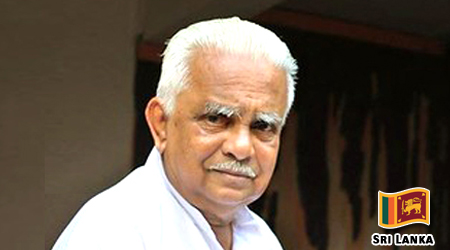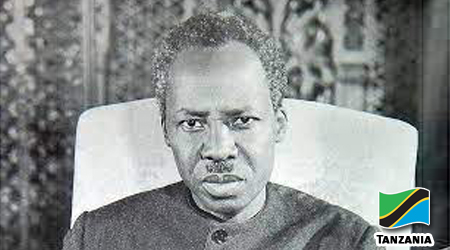Gandhi Peace Prize
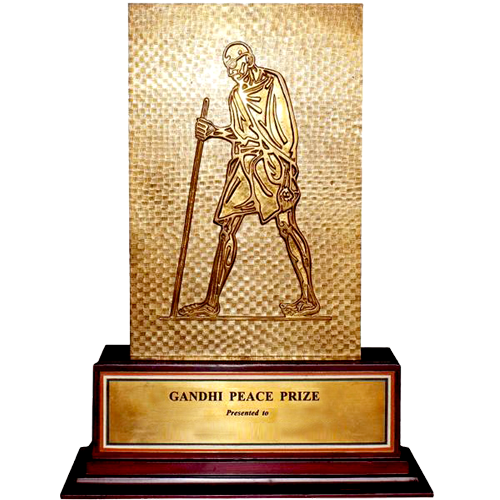
Gandhi Peace Prize
The International Gandhi Peace Prize is an award instituted by the Government of India to honor individuals and organizations that have made significant contributions to promoting peace and non-violence. The prize was established in 1995 on the 125th birth anniversary of Mahatma Gandhi, the leader of the Indian independence movement and a pioneer of the philosophy of non-violence.The award is given annually, and the recipient receives a citation and a monetary award. The criteria for selecting awardees include their commitment to non-violence, their contributions to social and economic development, and their promotion of communal harmony. The award carries ₹1 crore (equivalent to ₹1.2 crore or US$150,000 in 2023) in cash, convertible in any currency in the world, a plaque and a citation. It is open to all persons regardless of nationality, race, creed or gender. A jury consisting of the Prime Minister of India, the Leader of the Opposition in the Lok Sabha, the Chief Justice of India, Speaker of the Lok Sabha and two other eminent person appointed every 3years eligible for reappointment decides the awardee each year.
| Sl | Name | Country | Flag | Year | Awarded For |
|---|---|---|---|---|---|
| 21 | Gita Press | India | 2021 | For outstanding contributions towards social, economic and political transformation through non-violent and other Gandhian methods. | |
| 20 | Sheikh Mujibur Rahman | Bangladesh | 2020 | For his contributions towards social, economic and political transformation through non-violent and other Gandhian methods. | |
| 19 | Qaboos bin Said Al Said | Oman | 2019 | For contributions for social, economic and political transformation through non-violent and other Gandhian methods. | |
| 18 | Yōhei Sasakawa | Japan | 2018 | For his contribution in Leprosy Eradication in India and across the world. | |
| 17 | Ekal Abhiyan Trust | India | 2017 | Contribution in providing Education for Rural and Tribal Children in remote areas pan India, Rural Empowerment, Gender and Social Equality. | |
| 16 | Sulabh International | India | 2016 | A social service organization that works to promote human rights, environmental sanitation, non-conventional sources of energy, waste management and social reforms through education. | |
| 15 | Akshaya Patra Foundation | India | 2016 | A non-profit organisation in India that runs school lunch programme across India | |
| 14 | Vivekananda Kendra | India | 2015 | A Hindu spiritual organisation based on the principles preached by Swami Vivekananda | |
| 13 | ISRO | India | 2014 | Space agency of the Indian Govt. Objective is to advance space technology and deliver the applications of it | |
| 12 | Chandi Prasad Bhatt | India | 2013 | Environmentalist, social activist and pioneer of the Chipko movement. Founded Dasholi Gram Swarajya Sangh (DGSS) | |
| 11 | Desmond Tutu | South Africa | 2005 | South African cleric and activist.He was South African social rights activist and retired Anglican bishop who rose to worldwide fame during the 1980s as an opponent of apartheid. | |
| 10 | Václav Havel | Czech Republic | 2003 | Last President of Czechoslovakia and first President of the Czech Republic | |
| 9 | Bharatiya Vidya Bhavan | India | 2002 | Educational trust that emphasises Indian culture | |
| 8 | John Hume | Ireland | 2001 | Northern Irish Politician and major figure in the Northern Ireland peace process | |
| 7 | Grameen Bank | Bangladesh | 2000 | Founded by Muhammad Yunus | |
| 6 | Nelson Mandela | South Africa | 2000 | Former President of South Africa | |
| 5 | Baba Amte | India | 1999 | Social worker, known particularly for his work for the rehabilitation and empowerment of poor people suffering from leprosy | |
| 4 | Ramakrishna Mission | India | 1998 | Founded by Swami Vivekananda for promoting social welfare, tolerance, and non-violence among disadvantaged groups | |
| 3 | Gerhard Fischer | Germany | 1997 | German diplomat, recognised for his work against leprosy and polio | |
| 2 | A. T. Ariyaratne | Sri Lanka | 1996 | Founder of Sarvodaya Shramadana Movement | |
| 1 | Julius Nyerere | Tanzania | 1995 | Julius Kambarage Nyerere was a Tanzanian politician who served as the leader of Tanzania, and previously Tanganyika, from 1960 until his retirement in 1985. |

Gandhi Peace Prize Laureates (2030 ~ 2021)

Gandhi Peace Prize Laureates (2020 ~ 2011)
View More

Gandhi Peace Prize Laureates (2010 ~ 2001)
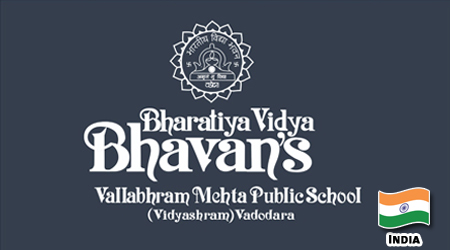
Bharatiya Vidya Bhavan
Gandhi Peace Prize 2002
Ernesto Teodoro Moneta, (born Sept. 20, 1833, Milan, Austrian Empire [now in Italy]—died Feb. 10, 1918, Milan, Italy), Italian journalist and international activist on behalf of peace (except where Italian interests required war). He won (with Louis Renault) the Nobel Prize for Peace in 1907.At the age of 15 Moneta participated in the Milanese insurrection of 1848 against Austrian rule, and in 1859–60 he fought under Giuseppe Garibaldi in the victorious war of liberation. In 1861 he joined the regular Italian army and fought in the Battle of Custoza in 1866. After resigning from the army, he became editor (1867–96) of Il Secolo, a democratic newspaper published in Milan.The suffering that Moneta witnessed during his military career prompted him to seek ways to abolish war, and about 1887 he founded the Società Internazionale per la Pace: Unione Lombarda (“International Society for Peace: Lombard League”) to propagandize for disarmament, a league of nations, and settlement of international disputes by arbitration. In 1898 he founded a pacifist periodical, Vita internazionale (“International Life”). In 1906 his presidency at the International Peace Conference in Milan led to his sharing the Nobel Prize for Peace. Nevertheless, in 1911 he supported Italy’s war against Turkey on the grounds of an Italian civilizing mission in Libya, and in 1915 he advocated Italian entry into World War I to combat the imperialist designs of the Central Powers.“My final goal as a politician is to establish an association for peace made up of Europe’s states, a league, where the dangers that come of borders are abolished, and which chases the demon envy out the door; a brotherhood that will not allow patriotism to develop into a narrow-minded nationalism, that will not allow evil and hate to blow every small misunderstanding up into a cause for war. I see true internationalism in the efforts to achieve such a goal. And I believe we are moving towards this.” (Ernesto Moneta in the newspaper Verdens Gang, 25.8.1908.)
View More

Gandhi Peace Prize Laureates (2000~ 1991)
